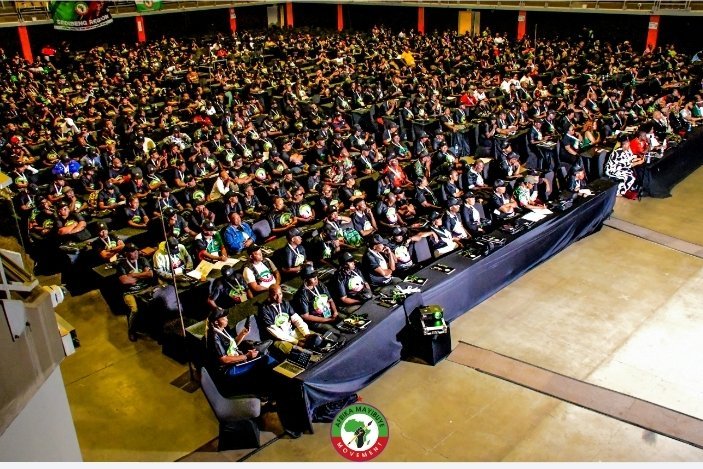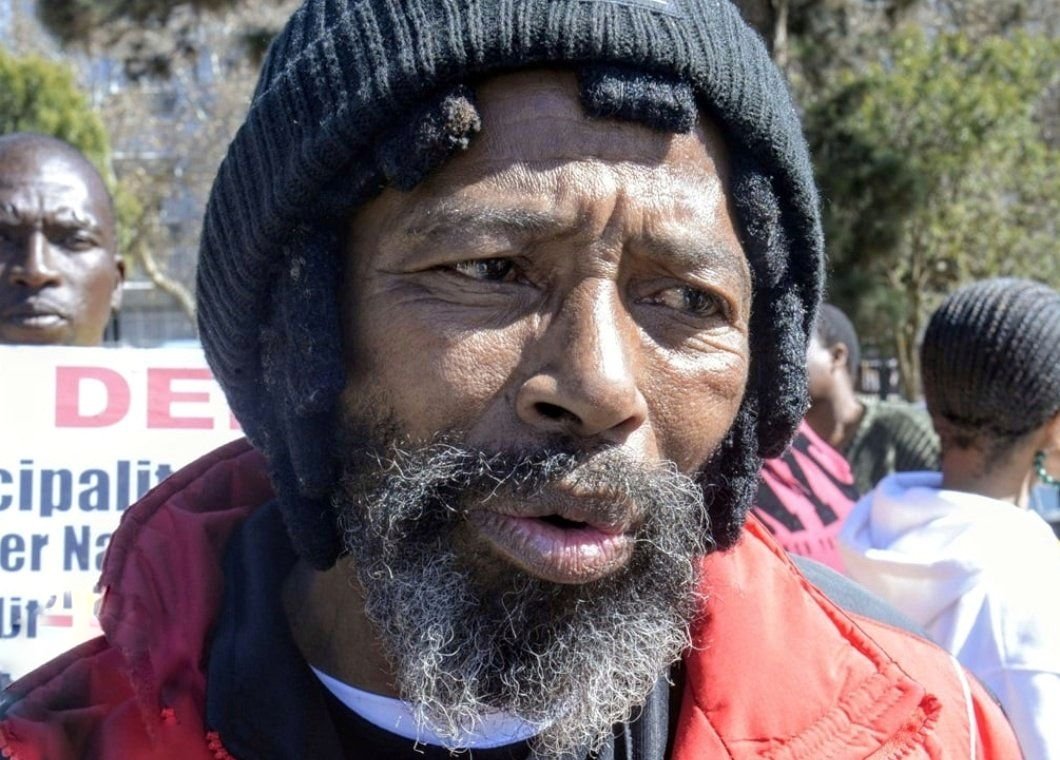Abuja, Nigeria – President Bola Tinubu has received a key recommendation from the National Economic Council (NEC) advising that the recently proposed tax reform bills, currently before the National Assembly, be temporarily withdrawn for further consultation.
The recommendation aims to foster a broader dialogue and ensure that all potential concerns are addressed through engagement with relevant stakeholders. However, President Tinubu has chosen not to retract the bills, emphasizing the importance of allowing the legislative process to continue while also welcoming additional consultations.
The NEC, led by Vice President Kashim Shettima and comprising the 36 State Governors, presented its recommendation during a recent meeting. In response, President Tinubu commended NEC members for their dedication and counsel, underscoring that the legislative process provides ample room for feedback and adjustments without necessitating a formal withdrawal of the bills. “I believe that the process, as it stands, offers an opportunity for necessary input and modifications,” the President stated, urging the NEC to support the legislative journey that the bills are currently undergoing.
Tinubu further stressed his administration’s commitment to a transparent and inclusive legislative process that includes feedback from key stakeholders. This approach, he noted, aligns with his objective of fostering a conducive economic environment and stimulating national productivity.
The President’s vision for Nigeria’s tax reform was set into motion in August 2023, when he established the Presidential Committee on Tax and Fiscal Policy Reform. According to him, the primary aim of this committee has been to reposition Nigeria’s economy for enhanced productivity and a more favourable environment for investment and business operations.
After extensive deliberation, the Presidential Committee on Tax and Fiscal Policy Reform formulated four distinct bills, each designed to address specific issues within Nigeria’s tax system. These bills represent a comprehensive effort to align the nation’s tax administration with global standards and address decades-old inefficiencies. Below are the main objectives of each bill:
- The Nigeria Tax Bill aims to simplify tax obligations and eliminate multiple taxation, thereby enhancing Nigeria’s economic competitiveness for businesses and individuals nationwide.
- The Nigeria Tax Administration Bill (NTAB) proposes harmonized administrative processes across federal, state, and local levels, improving ease of compliance for taxpayers and increasing revenue across all tiers of government.
- The Nigeria Revenue Service (Establishment) Bill seeks to re-establish the Federal Inland Revenue Service (FIRS) under a new name—Nigeria Revenue Service (NRS)—to reflect its role as the primary revenue agency for the federation.
- The Joint Revenue Board Establishment Bill aims to replace the current Joint Tax Board with a new Joint Revenue Board, covering federal and state tax authorities. It also includes provisions for an Office of Tax Ombudsman under the Joint Revenue Board to protect taxpayer interests and provide a structured avenue for dispute resolution.
The tax reform bills propose an overhaul of Nigeria’s tax system to streamline existing regulations, which currently involve a multitude of taxes—such as Company Income Tax (CIT), Personal Income Tax (PIT), Capital Gains Tax (CGT), Petroleum Profits Tax (PPT), Tertiary Education Tax (TET), and Value-Added Tax (VAT)—administered separately under diverse legislative frameworks. The reform effort aims to unify these various taxes into a cohesive structure, reducing administrative fragmentation and fostering a clearer, more efficient system.
Acknowledging the concerns of the NEC, President Tinubu remains committed to working alongside all relevant stakeholders to ensure the reform aligns with the country’s broader development agenda. According to the President’s Special Adviser on Information and Strategy, Bayo Onanuga, the administration values the NEC’s insights and recommendations, recognizing the council as a critical organ in shaping Nigeria’s economic policies.
In a final statement, President Tinubu reaffirmed his dedication to making Nigeria’s tax system more competitive and accessible, stressing that while diverse perspectives on the bills may exist, the core objective—improving the nation’s tax laws for the benefit of the economy—remains unquestioned.
As these tax bills continue through the National Assembly, the administration is expected to engage actively with stakeholders across sectors, ensuring that the final legislation reflects a consensus-driven approach to economic reform.




